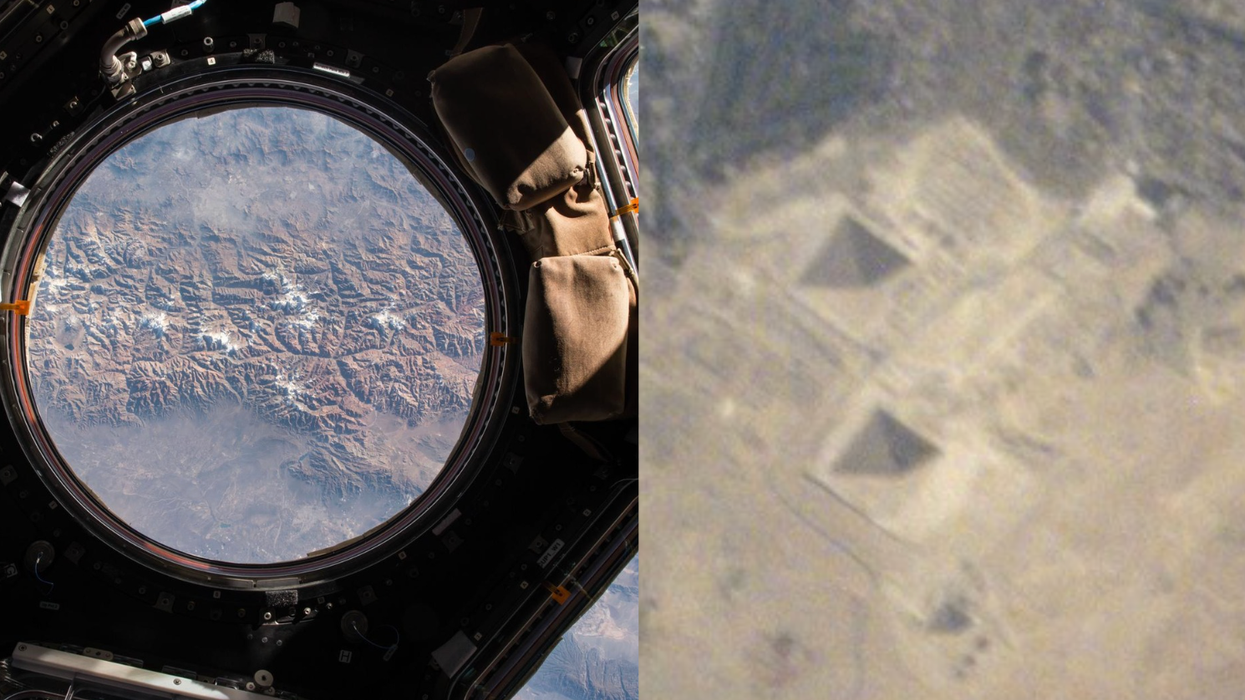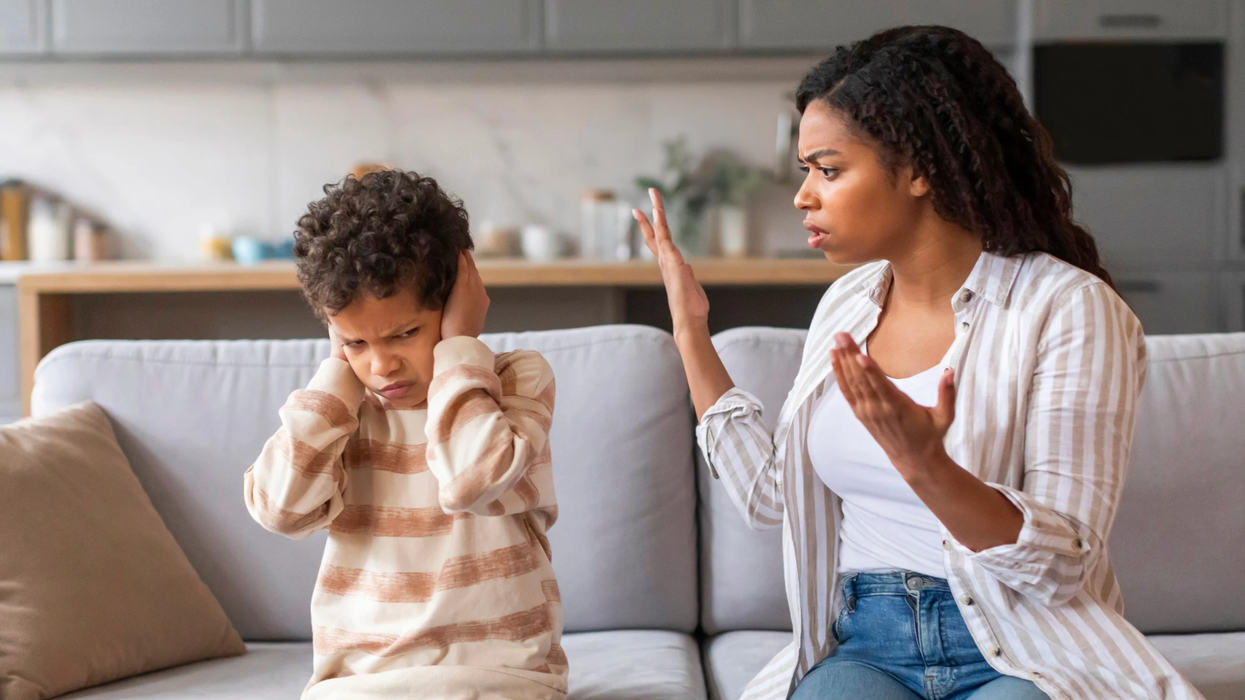On Sunday, six scientists finally breathed fresh air again after spending a full year living in isolation at the top of Hawaii’s Mauna Loa volcano. The purpose? To better understand how humans will adapt to a manned mission to Mars.
While conducting the Hawaii Space Exploration and Analog and Simulation—otherwise known as HI-SEAS—scientists on board had to share a 1,000-square-foot dome and strap into full spacesuits every time they ventured outside. While those of us not living in simulations take breathable air for granted, crew architect Tristan Bassingthwaighte pointed out that windows are just as much of a luxury. He explained via email to Huffington Post that having a room with a window of his own will be life-changing, writing, “I mean holy crap! A whole window that belongs just to me? I don’t even know what to do with that, we’ve all been sharing a window the size of a medium pizza for the last year.”
The crew’s chief medical and safety officer, Sheyna Gifford, told Huffington Post that beyond all the little, everyday annoyances, having a “sense of helplessness” made life on virtual Mars uniquely challenging. For example, her grandmother passed away a month before the crew was scheduled to depart their sci-fi dwelling. Gifford told Huffington Post, “I said goodbye to my grandmother over a delayed video message. That’s not something any of us ever want to do. So simply not being on Earth, I think everyone would agree, is the most challenging part of space.”
In the latest post on her blog, Live From Mars, Gifford wrote a more detailed account of her experience as a whole, expressing that the challenges facing future scientists may be more ideological than physical. Shortly before leaving her science experiment of home for good, she wrote,
“You know what interests me most about humanity and space: when we go, what on Earth will we bring? Books? Medical bags? Stuffed animals? Seasonal Holidays? Nuclear families? Patriarchy, democracy, sexual identity? When given the chance to reinvent ourselves as citizens of the solar system and then the galaxy, will we do it? And if so, how?”
Surely scientists will be vigilant about spreading human germs during galactic expeditions. Let’s just hope they’re equally cautious about infecting alien planets with patriarchal values and passive aggressive work emails.
If this all sounds like an ideal work environment for you, be sure to apply for HI-SEAS’ next manned mission to Hawaii by filling out this application. Along with detailing your qualifications, you’ll have to talk about your hobbies, so make sure to think of something interesting.
















 Otis knew before they did.
Otis knew before they did.